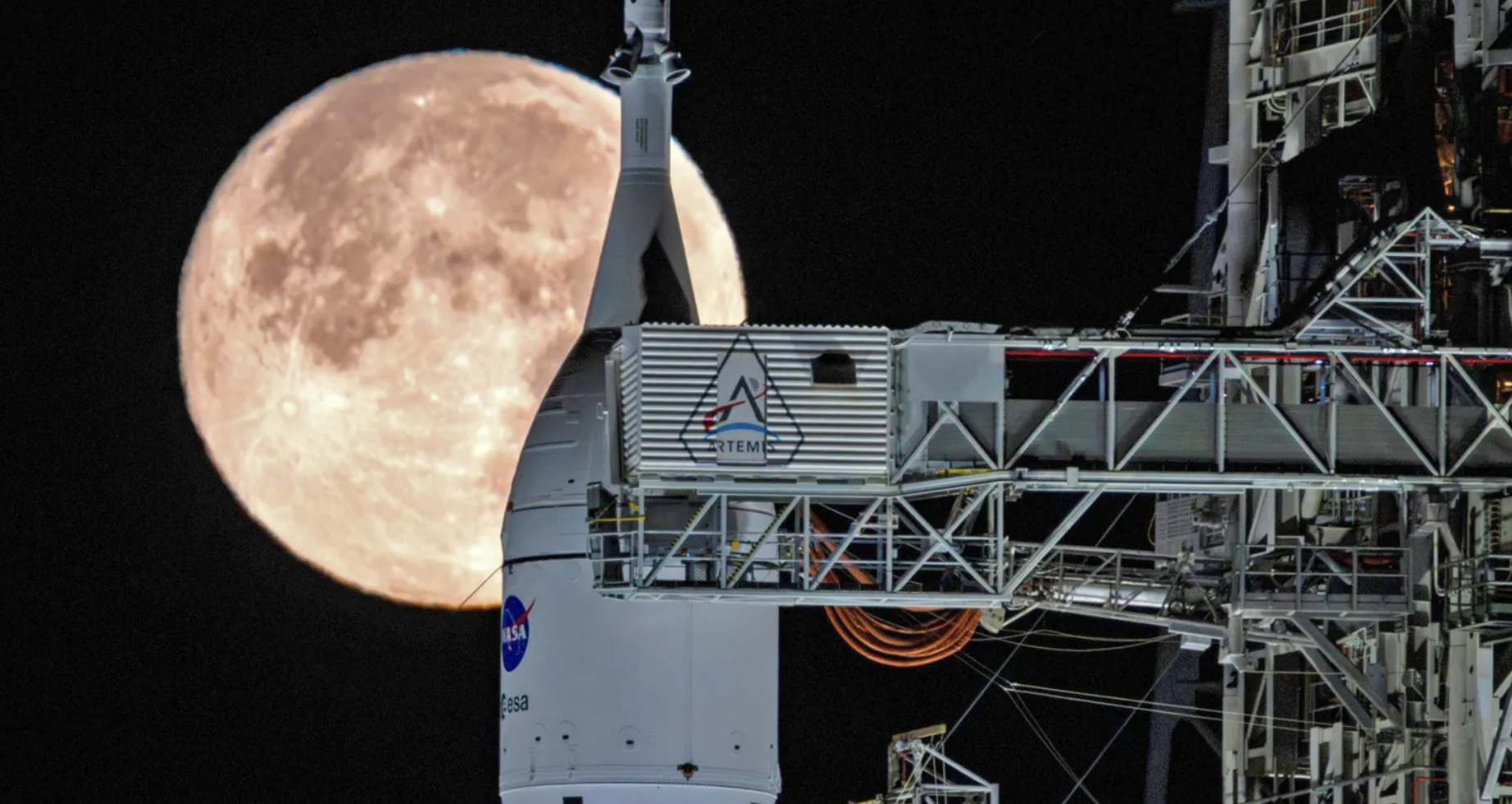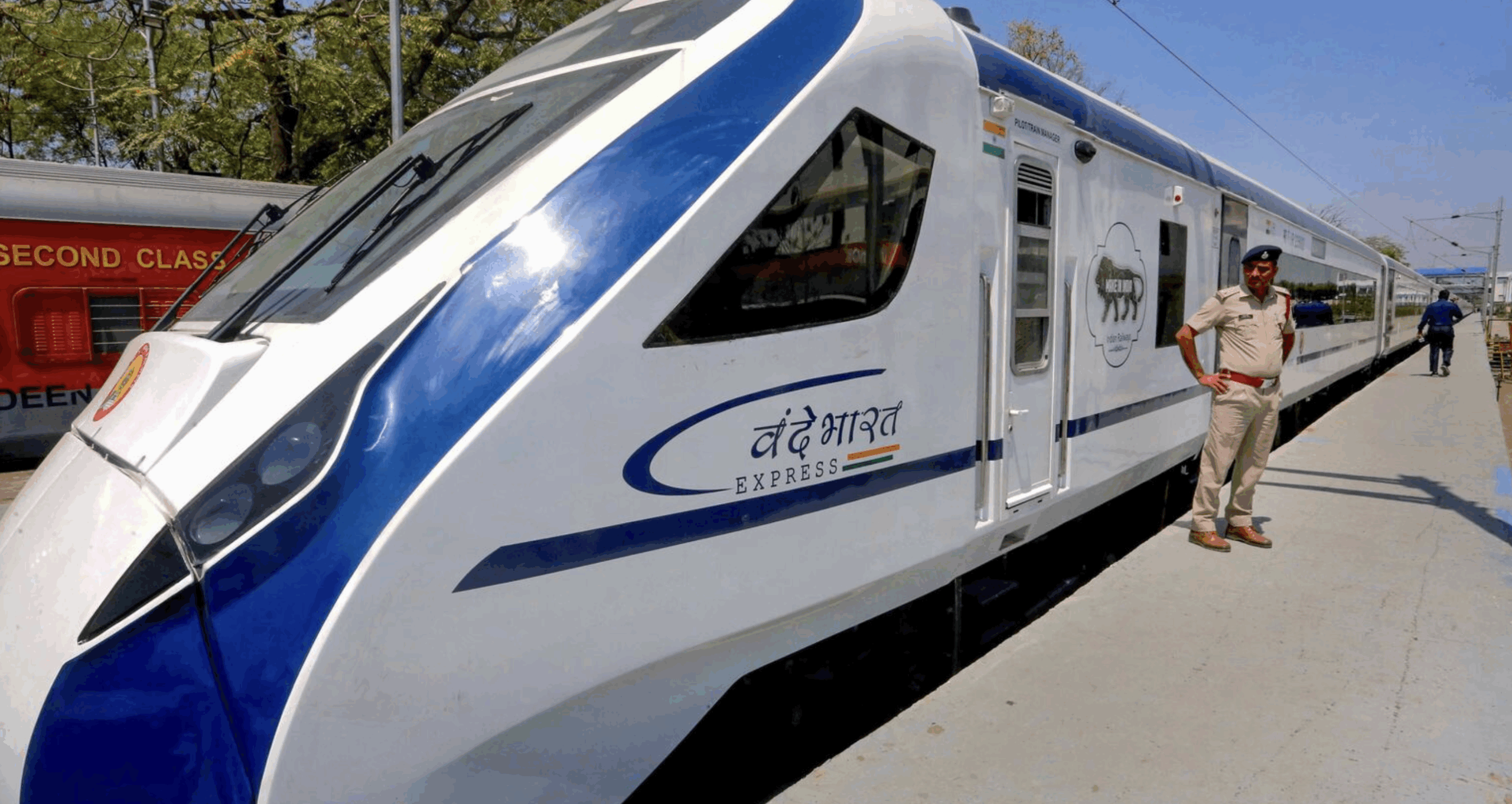The Delhi High Court has issued directives to a restaurant association regarding the use of the term “staff contribution” instead of “service charge” in their dealings with customers.

The court, presided over by Justice Prathiba M Singh, was addressing petitions challenging guidelines that prevent hotels and restaurants from automatically imposing a service charge on food bills.
Delhi Hih Court Issues Directives To Restaurant Association About “Service Charge”
The Federation of Hotels and Restaurant Associations of India (FHRAI) was instructed to clearly state this imposition on their menu cards and to limit the charge to no more than 10% of the bill.
The judge emphasized that it should be explicitly mentioned that this is not a government levy. FHRAI, representing over 3,300 establishments, expressed that although there was no uniformity in how service charges were applied among its members, they had no objections to using an alternative term for the charge.
In contrast, the National Restaurant Association of India, with around 1,100 members, argued that “service charge” was an accepted and irreplaceable terminology with no ambiguity surrounding its usage. Justice Singh stated that the matter required further deliberation and, in the meantime, ordered FHRAI members to refer to the charge as “staff contribution,” not exceeding 10% (excluding GST). Menu cards must prominently indicate that no additional tips are necessary.
The court recognized that these two petitioners represented the interests of the entire restaurant industry and scheduled a hearing for October 3, emphasizing that this issue had nationwide implications.
Court Asked Petitioners About Avoiding Consumer Confusion
Previously, the court had asked the petitioners if they objected to replacing “service charge” with alternative terms like “staff welfare fund” to avoid consumer confusion regarding its nature as a government levy.
The petitioners had initially approached the high court last year, filing two separate petitions challenging guidelines that prevented the automatic imposition of service charges on food bills. These guidelines, issued by the Central Consumer Protection Authority (CCPA) in July the previous year, had been temporarily suspended by the high court in the same month.
The petitioners argued that service charge, a longstanding practice, was displayed clearly on menu cards and premises, and was not imposed on customers who were not made aware of it. They contended that the CCPA order was arbitrary and should be annulled.
In response, the CCPA maintained that consumers were being unjustly charged without receiving additional services, and therefore, collecting mandatory service charges beyond the food price and taxes was unlawful. The high court had previously stayed the CCPA guideline, contingent on ensuring transparent display of service charges on menus or other locations.












